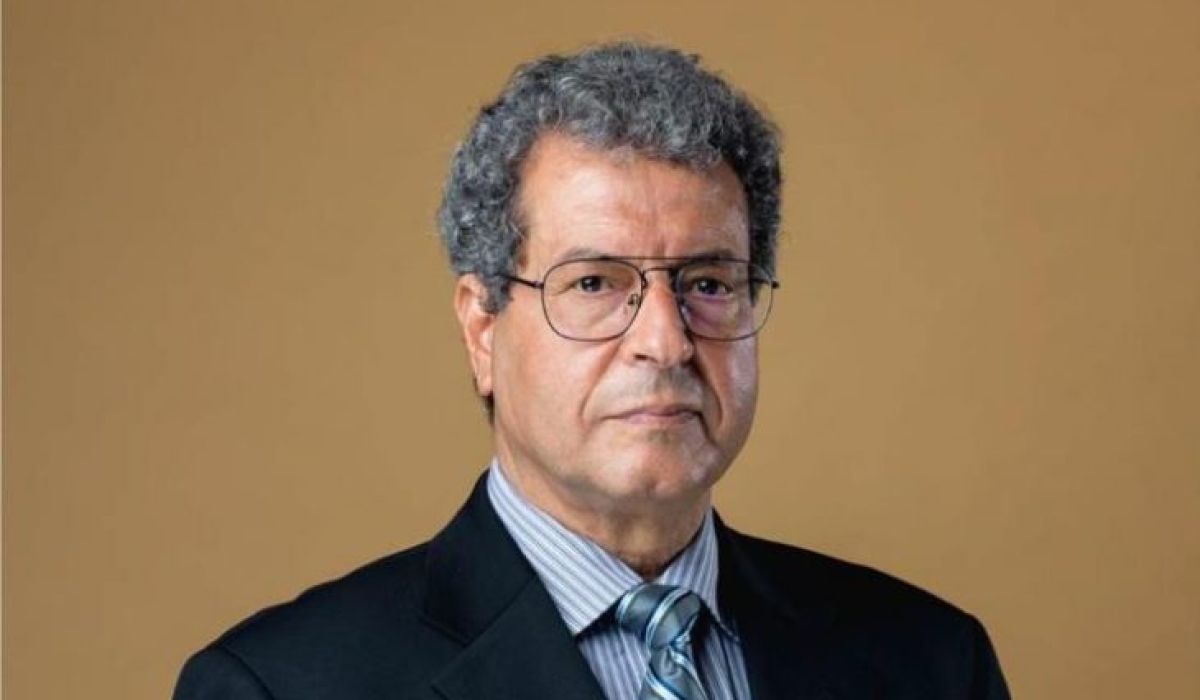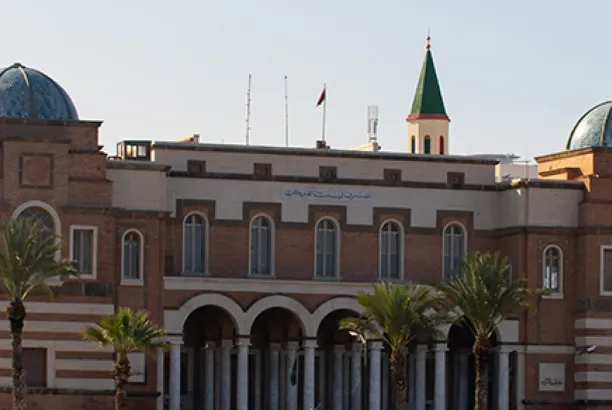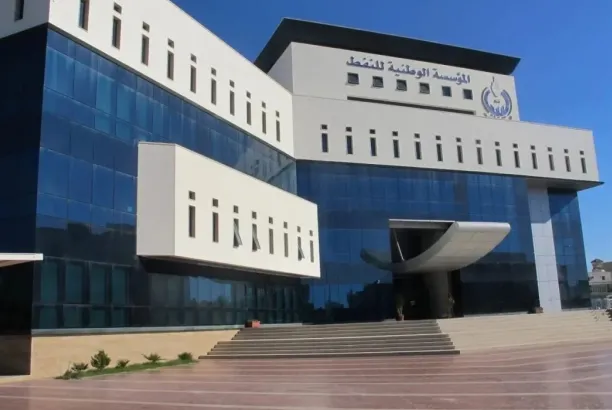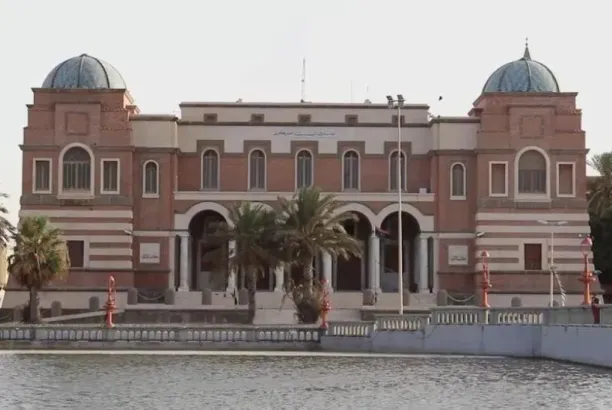Minister of Oil and Gas in the Government of National Unity, Mohammed Aoun, stated that the Libyan people will be the first to be affected by calls to halt production.
In an interview with the Middle East newspaper, Aoun expressed his concern about the renewed calls to halt oil production in the country, emphasizing that the Libyan people will be the primary victims of this suspension compared to any other party. This harm will be manifested in the loss of oil importers or the direct impact on the supply of gas to power stations, which means that the situation will be dire.
He clarified that the negative impact of the suspension will not be insignificant, considering that Libya currently produces a significant amount of oil, reaching one million and 200 thousand barrels per day, of which about 150-160 thousand are refined domestically. Consequently, the damage inflicted on Libyan income will exceed that on the importers from the outside world. When crude oil production stops, gas production will also cease, which will affect power plants.
Aoun also revealed the ability of the General Electricity Company to improve the work conditions of the network, as there have been no power outages in the past few months, unlike previous years. “However, the repeated threats to halt oil production put us at risk of losing importers permanently. This is due to their concerns about supply instability and our inability to fulfill contracts and agreements, as well as the possibility of resorting to the “force majeure” declaration and other potential measures, which compels our partners to seek alternatives outside of Libya, despite the ongoing global energy crisis caused by the conflict in Ukraine.”
He called for attention to the reality that repeating threats to halt strategic commodities such as oil and gas, which constitute the main source of income for the country, concerns importers, even if they are sister or friendly countries. Anyone who hears such talk about the country failing to meet its commitments within months will affect their decision-making. It is an outright economic process, and of course, participating countries like Italy, France, and others in production will be affected by this suspension and find it disturbing.
Aoun also stated that the process of halting production and reopening it, along with the subsequent maintenance operations to address technical problems related to oil extraction and refining, incur high costs borne by the state treasury.
He emphasized the necessity of neutralizing the processes of oil and gas production and export from any disputes related to revenue distribution, and the need to prioritize the availability of these revenues by maintaining continuous production since they are the strength of the Libyans, and they should not be gambled with.






